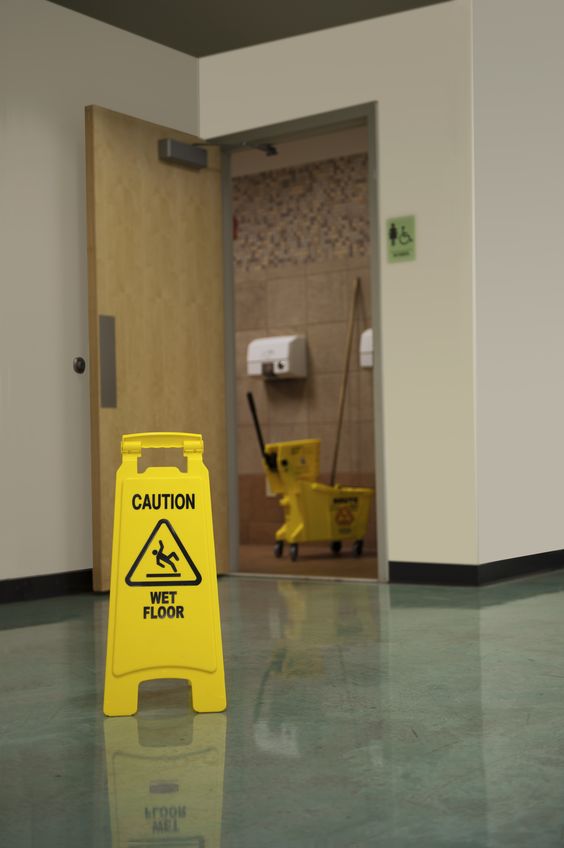
Rhode Island landowners have a duty to protect against the risks of a dangerous condition existing on their premises. If a person suffers injuries after slipping and falling on the landowner’s property, the landowner may be held liable but only if the landowner had notice – knew, or had reason to know – of a dangerous condition on the property. A claimant can prove notice through direct or circumstantial evidence. Circumstantial evidence is any evidence that requires some reasoning or inference in order to prove a fact. Courts generally favor direct evidence since a fact is actually being proved. However, a recent Rhode Island federal district court ruling in a slip and fall case confirms that circumstantial evidence of notice is sufficient for a jury to hear the case and infer the existence or nonexistence of negligence.
Lichman v. National Railroad Passenger Corporation
In Lichman v. National Railroad Passenger Corporation, plaintiff Lichman sustained injuries after falling in a puddle of water at the train station owned by defendant National Railroad Passenger Corporation (Amtrak). Ms. Lichman wanted to show with circumstantial evidence that Amtrak had notice of the slippery floor conditions. The circumstantial evidence included video evidence of a wet mat leading into the station; records of at least two similar injuries that occurred due to wet flooring; Ms. Lichman’s testimony of prior falls at the station; Ms. Lichman’s testimony that every morning the janitor mops the floor but on the day of her fall she did not see him mopping the floor; and Ms. Lichman’s testimony that she saw the janitor near the luggage room when she fell. Ms. Lichman sought to have the court infer that Amtrak had notice of the wet floor and was therefore negligent in not cleaning the area.
On the other hand, Amtrak argued that Ms. Lichman had not pointed to any direct evidence that Amtrak had notice of the dangerous floor conditions. Amtrak alleged that since Ms. Lichman did not inform any Amtrak employee of the water accumulation, there is no way Amtrak could have known about the flooring condition.
Here, the court reasoned that since an Amtrak employee was near the dangerous condition and normally mops the floor in preparation to make the floor less dangerous, a reasonable jury could infer that Amtrak knew the floor was dangerous due to their policy of cleaning the floors every morning before patrons arrive. Also, since Ms. Lichman has evidence of at least two other individuals falling due to the floor being wet, a reasonable jury could infer that Amtrak was on notice since those falls, especially when circumstances like weather made it more likely that the floor will be wet and slippery. While not deciding the question of whether Amtrak had notice of the dangerous condition, the court determined Ms. Lichman provided sufficient circumstantial evidence for a jury to reasonably infer that Amtrak knew of or had reason to know that the floor was dangerous and presented a hazard to everyone walking through the train station. Thus Ms. Lichman’s claim against Amtrak could be tried before a jury.
Contact The Bottaro Law Firm, LLC
The Bottaro Law Firm, LLC can help you navigate the complexities of premises liability to determine if you have a claim to compensate your injuries. We regularly bring premises liability claims to successful resolution for our clients. Our experienced legal team is available 24/7 for a free consultation. Contact us online or at 401-777-7777.

